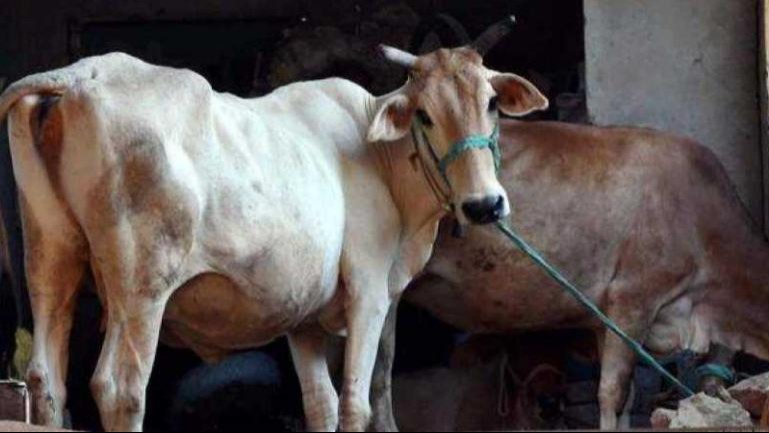Intestinal parasites in animals are a common ailment, but without timely intervention, they can be quite serious. Affected animals may eat, but the benefits are not visible because the parasites consume a large part of their intake. This can significantly impact the animal's health and result in economic losses for the farmer.
It is crucial to quickly identify the issue of intestinal parasites. By doing so, farmers can protect their animals and themselves from financial hardship. With the right information, damage can be reduced by 30 to 40 percent. Let's explore the signs and preventive measures.
Recognizing the Signs of Intestinal Parasites in Animals
If you notice animals consuming soil or appearing weak, it could signal internal parasites. Often, infections result in foul-smelling, clay-colored stools. In some cases, parasites may be visible in the waste, indicating severe infection and potential anemia in the animal. Dairy animals may also reduce milk production as a symptom.
Protecting Animals from Parasites
Detection and treatment of intestinal parasites should be timely. Administering deworming medication like Devermax every three months is recommended, but only after stool analysis. Before any vaccinations, ensure to deworm the animals. It is crucial not to administer any medication following vaccination. Always provide animals with clean fodder and feed.




